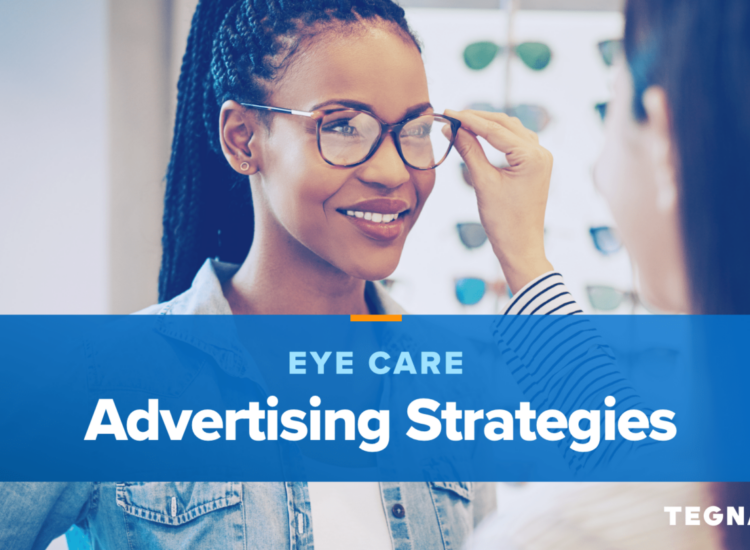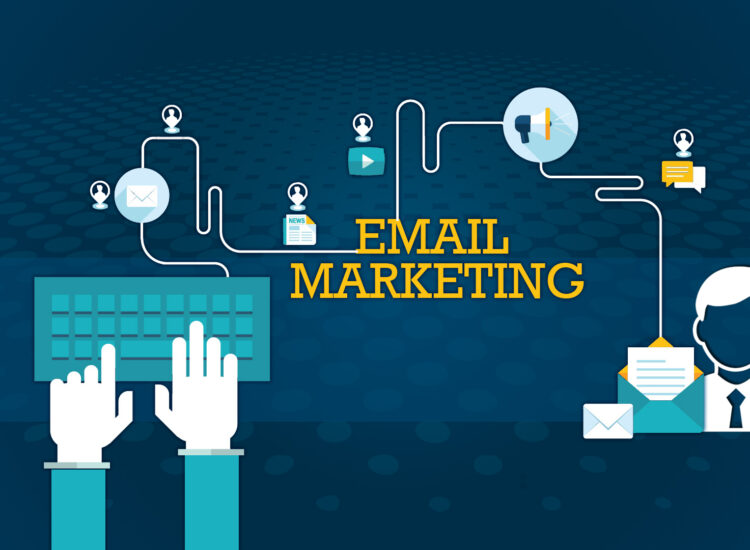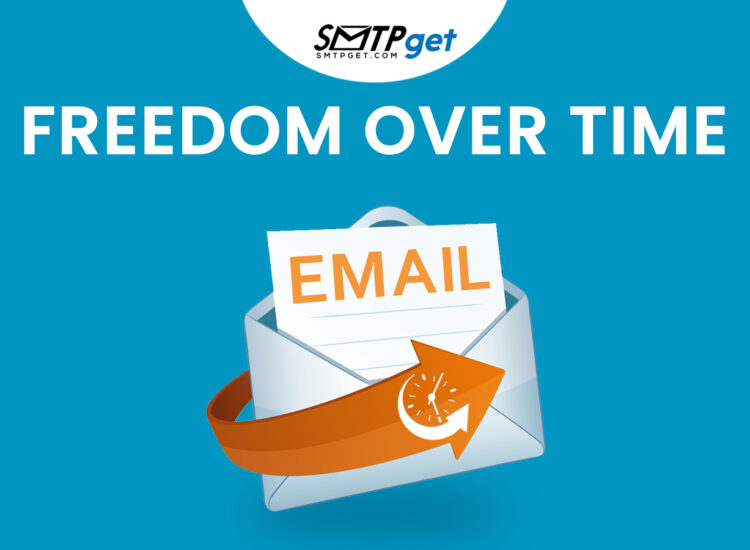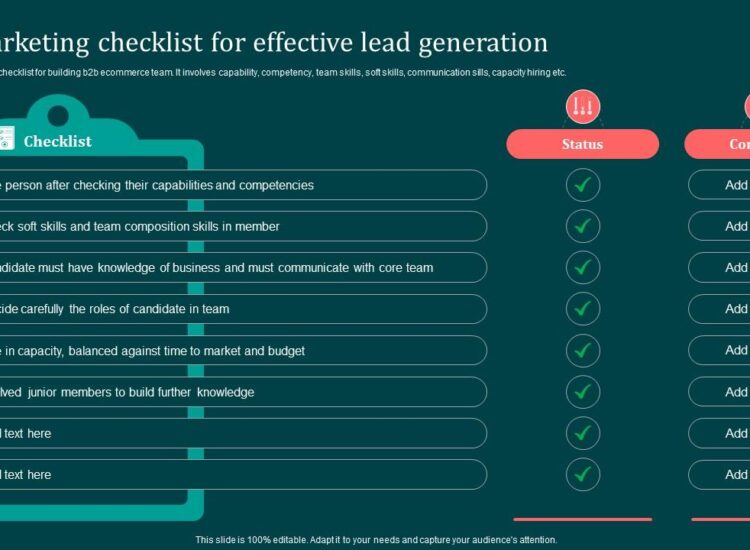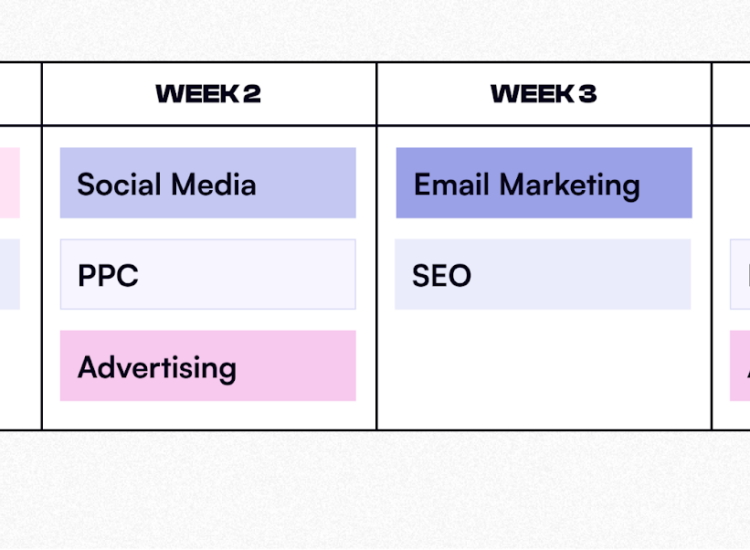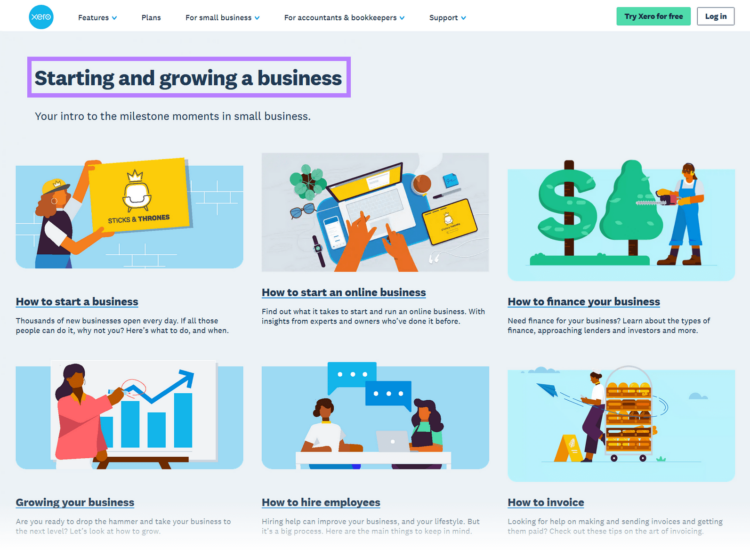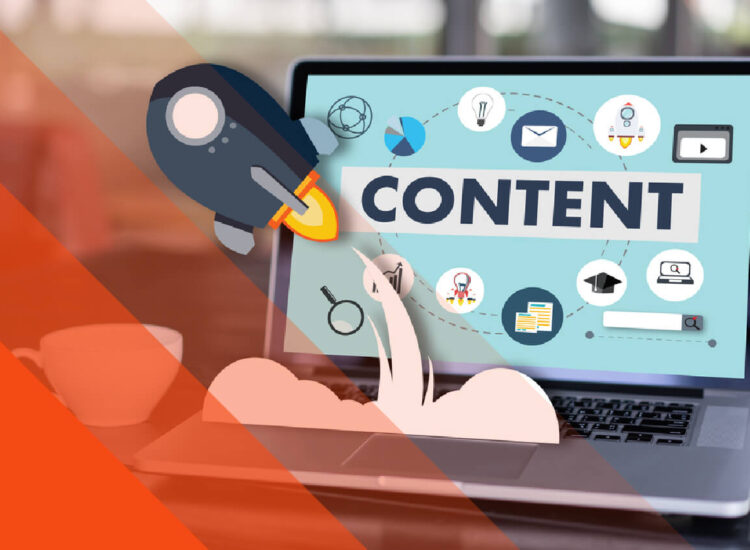Artificial Intelligence (AI) is revolutionizing the marketing landscape, enabling businesses to optimize campaigns, personalize customer experiences, and drive growth like never before. Understanding how to use AI in marketing is essential for staying competitive in 2025. This SEO-optimized guide provides actionable strategies and insights to help marketers leverage AI effectively, ensuring maximum visibility and engagement for businesses targeting this keyword.
Toc
- 1. What Does Using AI in Marketing Mean?
- 2. Why Is AI Important in Marketing?
- 3. 1. Automate Content Creation with AI Tools
- 4. 2. Personalize Customer Experiences at Scale
- 5. 3. Optimize Ad Campaigns with AI-Driven Insights
- 6. Related articles 01:
- 7. 4. Enhance SEO with AI-Powered Tools
- 8. 5. Leverage AI for Social Media Management
- 9. 6. Use AI Chatbots for Conversational Marketing
- 10. 7. Analyze Data with AI for Actionable Insights
- 11. Related articles 02:
- 12. 8. Predict and Prevent Customer Churn with AI
- 13. 9. Streamline Email Marketing with AI
- 14. 10. Experiment and Iterate with AI Tools
- 15. Common Mistakes to Avoid When Using AI in Marketing
- 16. Conclusion
What Does Using AI in Marketing Mean?
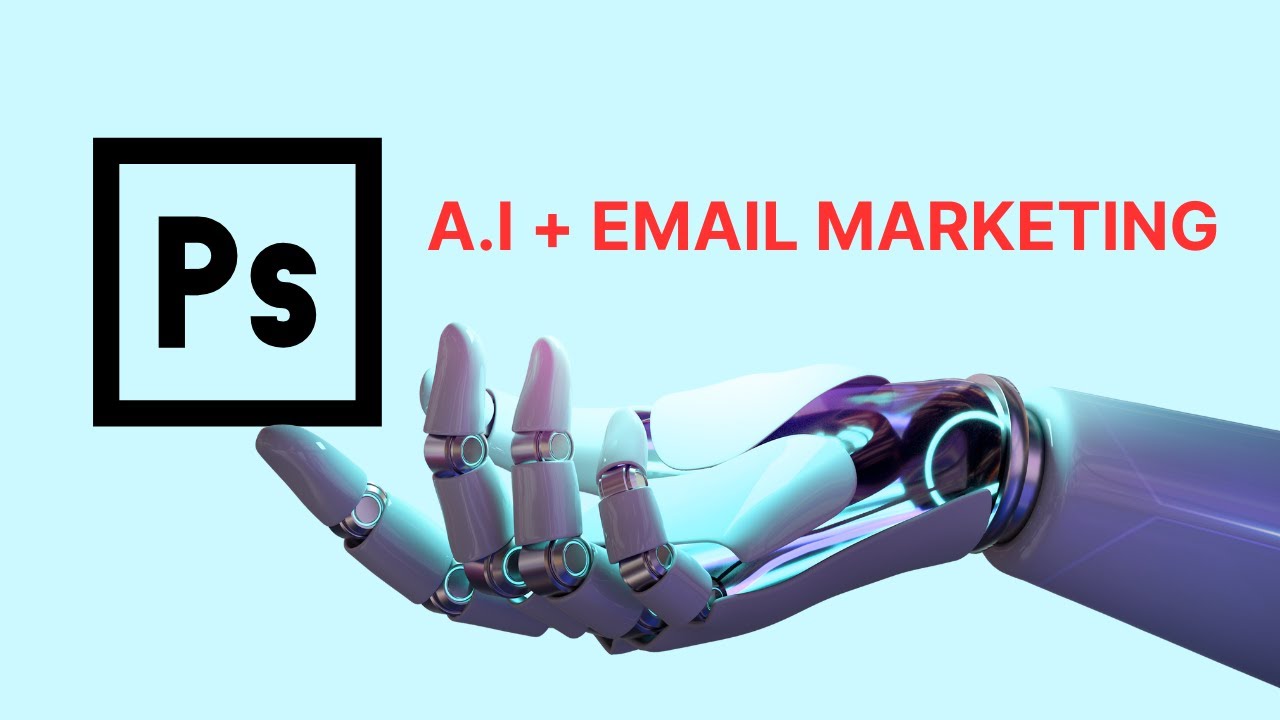
Using AI in marketing involves integrating artificial intelligence technologies, such as machine learning, natural language processing (NLP), and predictive analytics, into marketing strategies. AI tools automate repetitive tasks, analyze vast datasets, and deliver personalized content, enabling marketers to make data-driven decisions and enhance customer interactions. Learning how to use AI in marketing empowers businesses to streamline processes and achieve better results with less effort.
Why Is AI Important in Marketing?
AI is transforming marketing by offering unparalleled efficiency, personalization, and insights. Here’s why mastering how to use AI in marketing is critical:
-
Automation: AI automates time-consuming tasks like content creation, ad optimization, and customer segmentation, freeing up marketers for strategic work.
-
Personalization: AI analyzes customer data to deliver tailored experiences, increasing engagement and conversions.
-
Predictive Insights: AI predicts trends and customer behavior, enabling proactive campaign adjustments.
-
Cost Efficiency: By optimizing targeting and reducing manual work, AI improves ROI and minimizes wasted spend.
-
Scalability: AI enables businesses to scale campaigns without proportional increases in resources.
Let’s dive into the top strategies for how to use AI in marketing to elevate your campaigns in 2025.
1. Automate Content Creation with AI Tools
Content is the backbone of marketing, and AI can streamline its creation. Tools like Jasper, Copy.ai, and Anyword use NLP to generate blog posts, social media captions, email copy, and ad creatives quickly and effectively.
-
How to Implement:
-
Use AI tools to create keyword-rich blog posts targeting how to use AI in marketing for SEO.
-
Generate multiple ad copy variations for A/B testing to identify high-performing messages.
-
Create social media content calendars with AI-generated posts tailored to your audience.
-
-
Benefits: Saves time, ensures consistency, and optimizes content for engagement.
-
Pro Tip: Combine AI-generated content with human editing to maintain brand voice and authenticity.
Automating content creation is a foundational step in learning how to use AI in marketing for scalable campaigns.
2. Personalize Customer Experiences at Scale
Personalization is key to engaging modern audiences, and AI makes it possible to deliver tailored experiences to thousands of customers simultaneously. Tools like Salesforce Einstein and Optimove analyze customer data to create hyper-targeted campaigns.
-
How to Implement:
-
Segment audiences based on behavior, preferences, or demographics using AI-driven CRM tools.
-
Deliver personalized email campaigns with dynamic content, such as product recommendations or customized offers.
-
Use AI chatbots (e.g., Drift) to provide real-time, personalized customer support on your website.
-
-
Benefits: Increases customer satisfaction, boosts conversions, and enhances loyalty.
-
Pro Tip: Optimize landing pages with personalized CTAs and keywords like how to use AI in marketing to drive organic traffic.
Personalization powered by AI strengthens customer relationships and improves campaign performance.
3. Optimize Ad Campaigns with AI-Driven Insights
AI enhances paid advertising by optimizing targeting, creative design, and budget allocation. Platforms like AdCreative.ai and Google Ads’ AI features help marketers create high-performing ads with minimal effort.
-
How to Implement:
-
Use AI to analyze audience data and target specific demographics or interests on platforms like LinkedIn or Facebook.
-
Generate AI-driven ad creatives, such as banners or videos, and test variations to identify top performers.
-
Leverage predictive analytics to adjust bids and budgets in real-time for maximum ROI.
-
-
Benefits: Reduces ad spend waste, improves click-through rates, and accelerates campaign success.
-
Pro Tip: Create content around “How to Use AI in Marketing for Paid Ads” to attract advertisers searching for AI solutions.
AI-driven ad optimization ensures your campaigns reach the right audience at the right time.
4. Enhance SEO with AI-Powered Tools
Search engine optimization (SEO) is critical for visibility, and AI tools like MarketMuse, SurferSEO, and Clearscope help marketers create content that ranks higher on Google. Understanding how to use AI in marketing for SEO can drive organic traffic and leads.
-
How to Implement:
-
Use AI to identify high-value keywords, such as how to use AI in marketing, and optimize content for search intent.
-
Analyze competitor content to uncover gaps and create more comprehensive articles.
-
Leverage AI-driven content briefs to ensure blog posts are structured for SEO success.
-
-
Benefits: Improves search rankings, increases organic traffic, and enhances content relevance.
-
Pro Tip: Regularly update older content with AI-suggested improvements to maintain rankings.
AI-powered SEO tools make it easier to dominate search results and attract relevant audiences.
5. Leverage AI for Social Media Management
Social media is a powerful marketing channel, and AI tools like Hootsuite Insights and Sprout Social streamline content scheduling, analytics, and audience engagement. These tools help marketers maximize their social media impact.
-
How to Implement:
-
Use AI to schedule posts at optimal times based on audience engagement patterns.
-
Monitor brand sentiment and industry trends with AI-driven social listening tools.
-
Generate AI-suggested captions and hashtags to boost post visibility.
-
-
Benefits: Saves time, improves engagement, and provides actionable insights.
-
Pro Tip: Create guides on “How to Use AI in Marketing for Social Media” to target social media managers.
AI enhances social media strategies by automating tasks and delivering data-driven recommendations.
6. Use AI Chatbots for Conversational Marketing
AI-powered chatbots, such as those offered by Drift or Intercom, enable conversational marketing by engaging website visitors in real-time. They qualify leads, answer questions, and guide customers through the sales funnel.
-
How to Implement:
-
Deploy AI chatbots on your website to greet visitors and offer personalized assistance.
-
Use chatbots to collect lead information, such as email addresses or company details, for follow-up campaigns.
-
Integrate chatbots with CRM systems to ensure seamless lead nurturing.
-
-
Benefits: Reduces response times, improves lead qualification, and enhances user experience.
-
Pro Tip: Optimize chatbot landing pages with keywords like how to use AI in marketing to attract conversational marketing enthusiasts.
Chatbots are a practical way to implement AI for 24/7 customer engagement.
7. Analyze Data with AI for Actionable Insights
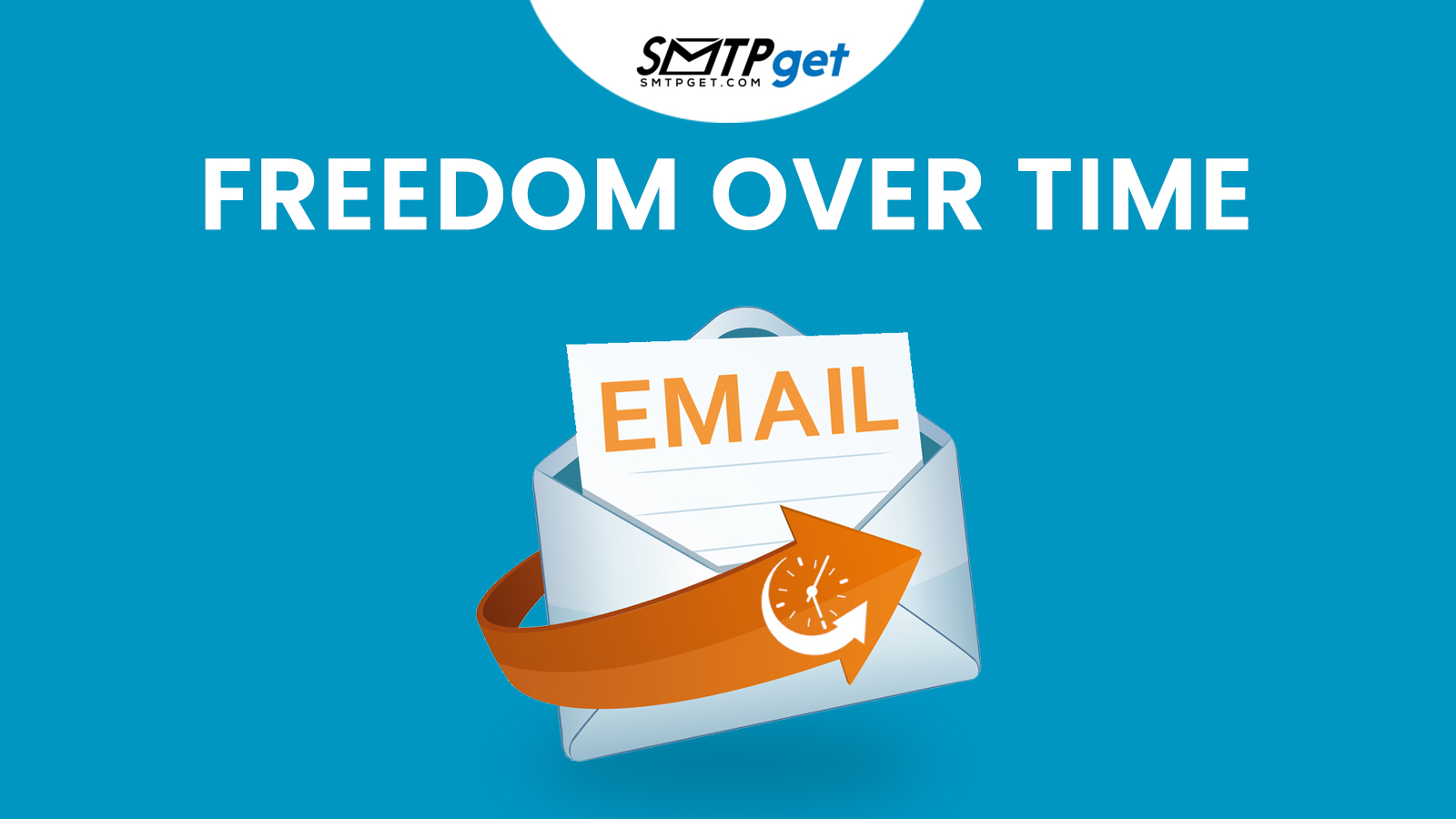
AI excels at processing large datasets to uncover trends, predict outcomes, and optimize strategies. Tools like Google Analytics 4 (GA4) and Tableau use AI to provide marketers with actionable insights.
-
How to Implement:
-
Use AI to track key metrics, such as conversion rates, customer lifetime value, or campaign ROI.
-
Leverage predictive analytics to forecast customer behavior and adjust strategies proactively.
-
Create custom reports with AI-driven visualizations to share insights with stakeholders.
-
-
Benefits: Enables data-driven decisions, improves campaign performance, and identifies growth opportunities.
-
Pro Tip: Publish tutorials on “How to Use AI in Marketing Analytics” to attract data-focused marketers.
AI-driven analytics empower marketers to make smarter decisions and stay ahead of trends.
2. https://duocphamvietduc.com.vn/mmoga-top-ai-marketing-tools-to-revolutionize-your-strategy-in-2025/
4. https://duocphamvietduc.com.vn/mmoga-effective-link-building-strategies-to-boost-your-seo-in-2025/
5. https://duocphamvietduc.com.vn/mmoga-ai-in-digital-marketing-transform-your-strategy-in-2025/
8. Predict and Prevent Customer Churn with AI
Customer retention is critical for long-term success, and AI tools like Optimove and HubSpot help marketers predict and prevent churn by analyzing customer behavior and engagement patterns.
-
How to Implement:
-
Use AI to identify at-risk customers based on reduced activity or negative feedback.
-
Deploy targeted re-engagement campaigns, such as personalized emails or exclusive offers, to retain customers.
-
Monitor churn metrics and adjust strategies based on AI predictions.
-
-
Benefits: Increases customer lifetime value, reduces churn, and strengthens loyalty.
-
Pro Tip: Create content around “How to Use AI in Marketing for Retention” to target retention-focused businesses.
AI-driven churn prevention ensures your customer base remains strong and engaged.
9. Streamline Email Marketing with AI
Email marketing remains a powerful channel, and AI tools like Mailchimp’s AI features and ActiveCampaign enhance campaign performance by optimizing send times, personalizing content, and predicting engagement.
-
How to Implement:
-
Use AI to segment email lists based on behavior, interests, or purchase history.
-
Generate AI-optimized subject lines and email content to boost open and click-through rates.
-
Automate drip campaigns to nurture leads with personalized messaging.
-
-
Benefits: Improves email performance, saves time, and increases conversions.
-
Pro Tip: Optimize email campaign landing pages with keywords like how to use AI in marketing to drive traffic.
AI-powered email marketing delivers personalized messages that resonate with your audience.
10. Experiment and Iterate with AI Tools
AI is not a one-size-fits-all solution; success requires experimentation and iteration. By testing different AI tools and strategies, marketers can discover what works best for their business.
-
How to Implement:
-
Start with free trials or demos of AI tools to evaluate their fit for your goals.
-
Run A/B tests on AI-generated content, ads, or email campaigns to identify top performers.
-
Use AI analytics to monitor results and refine strategies over time.
-
-
Benefits: Ensures continuous improvement, maximizes ROI, and keeps strategies relevant.
-
Pro Tip: Document your experiments in case studies targeting how to use AI in marketing to attract curious marketers.
Experimentation is key to unlocking the full potential of AI in marketing.
Common Mistakes to Avoid When Using AI in Marketing
To succeed with how to use AI in marketing, avoid these pitfalls:
-
Over-Automation: Relying solely on AI can make campaigns feel impersonal. Balance automation with human creativity.
-
Ignoring Data Privacy: Ensure AI tools comply with regulations like GDPR or CCPA to protect customer data.
-
Lack of Training: Invest time in learning AI tools to maximize their effectiveness.
-
Focusing on Tools Over Strategy: AI is a means to an end; align tools with your overall marketing goals.
-
Neglecting Analytics: Regularly review AI tool performance to ensure they deliver results.
Conclusion
Mastering how to use AI in marketing in 2025 is about leveraging automation, personalization, and data-driven insights to create impactful campaigns. From content creation and SEO to ad optimization and customer retention, AI offers endless possibilities for marketers willing to embrace it. By implementing these strategies, avoiding common mistakes, and optimizing for keywords like how to use AI in marketing, your business can achieve better engagement, higher ROI, and a competitive edge.
Ready to revolutionize your marketing? Start exploring how to use AI in marketing today and unlock its potential to drive growth and success!
